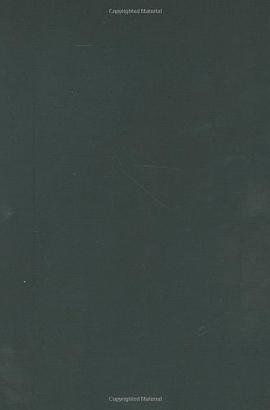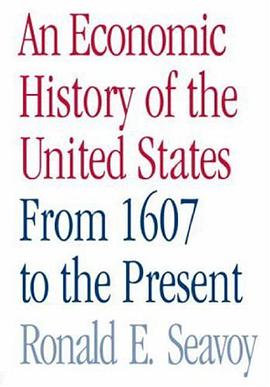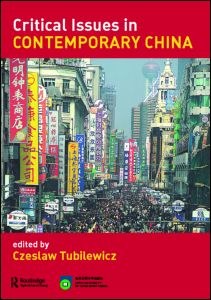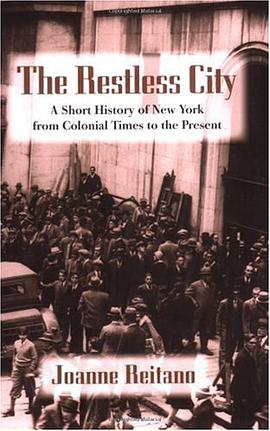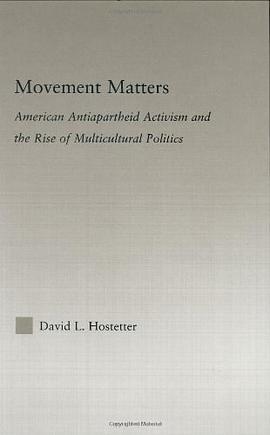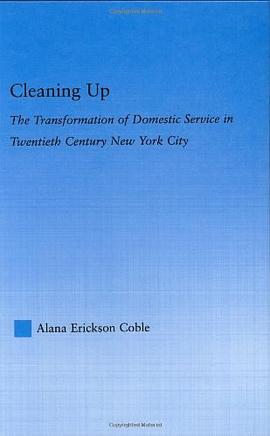

具体描述
Although numerous studies have been made of the Western educated political elite of colonial Nigeria in particular, and of Africa in general, very few have approached the study from a perspective that analyzes the impacts of indigenous institutions on the lives, values, and ideas of these individuals. This book is about the diachronic impact of indigenous and Western agencies in the upbringing, socialization, and careers of the colonial Igbo political elite of southeastern Nigeria. The thesis argues that the new elite manifests the continuity of traditions and culture and therefore their leadership values and the impact they brought on African society cannot be fully understood without looking closely at their lived experiences in those indigenous institutions where African life coheres. The key has been to explore this question at the level of biography, set in the context of a carefully reconstructed social history of the particular local communities surrounding the elite figures. It starts from an understanding of their family and village life, and moves forward striving to balance the familiar account of these individuals in public life, with an account of the ongoing influences from family, kinship, age grades, marriage and gender roles, secret societies, the church, local leaders and others. The result is not only a model of a new approach to African elite history, but also an argument about how to understand these emergent leaders and their peers as individuals who shared with their fellow Africans a dynamic and complex set of values that evolved over the six decades of colonialism.
作者简介
目录信息
读后感
评分
评分
评分
评分
用户评价
相关图书
本站所有内容均为互联网搜索引擎提供的公开搜索信息,本站不存储任何数据与内容,任何内容与数据均与本站无关,如有需要请联系相关搜索引擎包括但不限于百度,google,bing,sogou 等
© 2026 book.wenda123.org All Rights Reserved. 图书目录大全 版权所有


